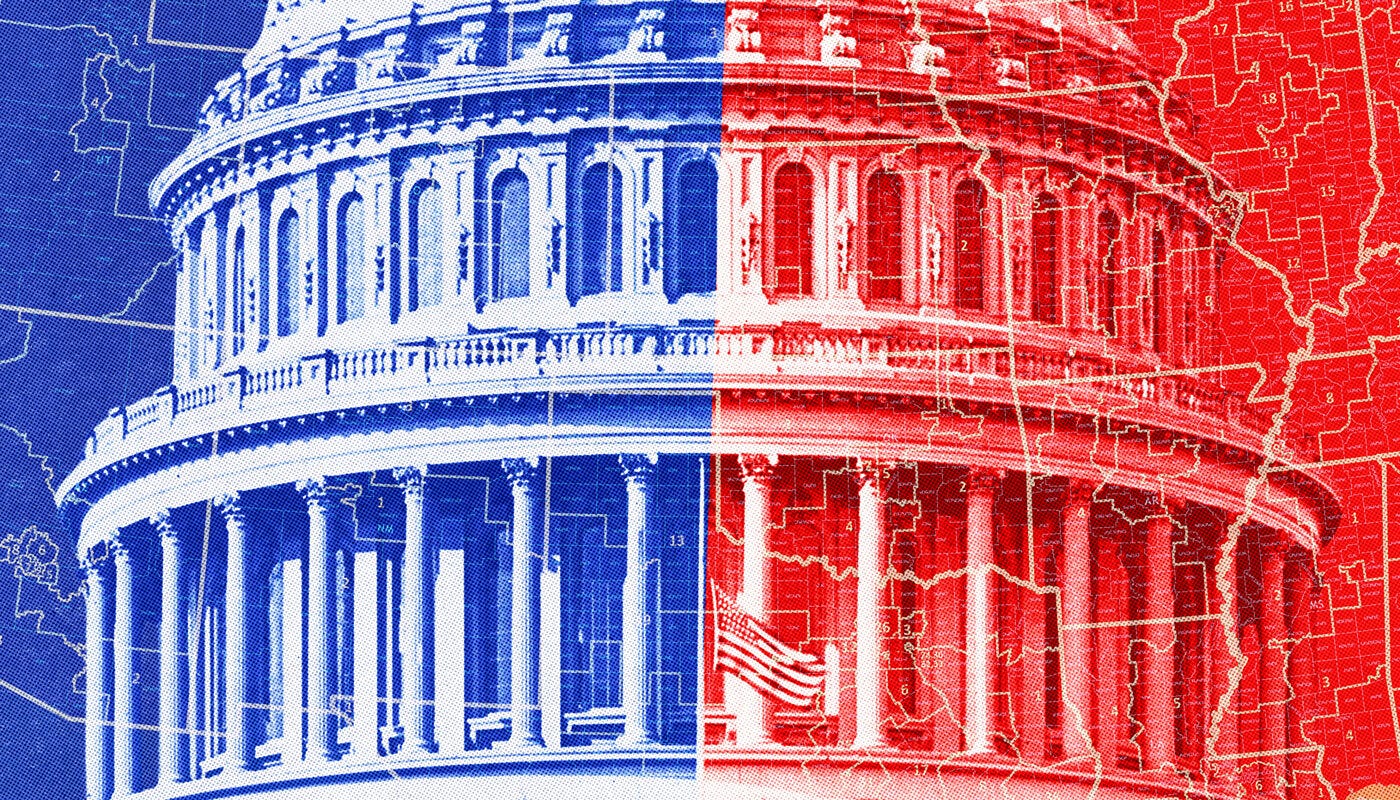As the 2024 presidential election approaches, a familiar narrative resurfaces: voting for a third-party candidate is tantamount to handing the election to the worst possible contender.
It's crucial to be discerning about where you get your political advice, especially from those who are entrenched in the two-party system. Figures like
, despite their progressive rhetoric, often fall into the trap of reinforcing the very system they critique.Reich's argument, as presented in his article "Psst: Don’t fall for a third party (pass it on)," is rooted in the fear that voting for a third party will siphon votes from the lesser evil and hand victory to the greater evil.
This fear-based approach only serves to maintain the dominance of the two-party system, discouraging voters from seeking alternatives that might better represent their values.
Instead of succumbing to this fear, we should critically evaluate the motivations behind such advice. Reich, like many established political commentators, operates within a framework that assumes the inviolability of the two-party system.
Historically, fear-based voting has been a tool to suppress radical change. From the Red Scare tactics of the mid-20th century to the more recent demonization of third-party candidates, the establishment has consistently used fear to maintain control.
The two-party system in the United States has led to a political duopoly, where power oscillates between Democrats and Republicans. This duopoly stifles innovation and limits the range of policy debates, often reducing elections to a choice between the lesser of two evils. Voting for a third party is a rejection of this binary choice and an affirmation of the need for more diverse political representation.
The current two-party system perpetuates a cycle of polarization and stagnation, where substantive policy discussions are often overshadowed by partisan bickering. Many Americans feel disenfranchised by the two-party system, believing that neither the Democrats nor the Republicans represent their interests.
This sense of disillusionment can lead to voter apathy and lower turnout. Third-party candidates can re-engage these disillusioned voters by offering alternatives that resonate more closely with their values and priorities. This can lead to increased political participation and a more vibrant democracy.
Voting third party is not a waste; it's a powerful statement against a broken system. It signals dissatisfaction with the limited choices offered by the two major parties and demands a broader political discourse.
The arguments against third-party voting often ignore the historical and contemporary benefits that such votes can bring. While the United States has long been dominated by a two-party system, third parties have often acted as catalysts for change, introducing progressive ideas and pushing the major parties to adopt reforms that have significantly altered the nation's political landscape. From the abolitionist movement to women's suffrage and labor rights, third-party movements have been instrumental in driving social and political progress.
The history of third-party movements in the United States highlights their indispensable role in driving social and political change. While the two-party system often marginalizes these movements, their impact on American politics is undeniable.
The Need for True Leadership
Joe Biden's response to the conflict in Gaza has been one of unwavering support for Israel, often at the expense of Palestinian lives and human rights. His administration has provided substantial military aid to Israel, funding operations that have led to significant civilian casualties and the destruction of infrastructure in Gaza. Despite international outcry and evidence of human rights violations, Biden has maintained a stance that largely ignores the plight of Palestinians, framing the conflict in terms that favor Israeli actions without sufficient scrutiny.
Biden's position reflects a broader pattern of U.S. foreign policy that prioritizes strategic alliances over humanitarian concerns. This approach has not only perpetuated violence in the region but also alienated a significant portion of the global community that calls for a more balanced and just approach to the Israeli-Palestinian conflict.
By supporting Biden, voters are endorsing a continuation of policies that have exacerbated the suffering of the Palestinian people and undermined prospects for peace.
Beyond his stance on Gaza, Joe Biden's track record raises serious questions about his commitment to progressive change. His administration's actions often reflect a centrist approach that prioritizes political pragmatism over transformative policies. For voters seeking meaningful progress on issues like racial justice, economic inequality, and environmental sustainability, Biden represents a continuation of the status quo rather than a bold departure from it.
In contrast, third-party candidates like Dr. Jill Stein and Dr. Cornel West offer platforms that genuinely challenge the entrenched power structures and propose radical solutions to systemic problems. By voting for candidates who align with your values and advocate for substantial change, you can push for a political system that truly serves the interests of all people, not just the powerful elite.
True progressivism requires building a movement that transcends election cycles. This means supporting grassroots efforts, local elections, and third-party candidates who are committed to transformative policies. Without sustained pressure from a robust progressive movement, the systemic issues will persist. Supporting third-party candidates can be part of a broader strategy to push for real change and break the two-party stranglehold that limits our political system.
Relying solely on mainstream candidates for progressive change has historically led to incrementalism at best. The pressing issues we face—climate change, economic inequality, systemic racism—require bold, transformative policies that major parties often hesitate to implement due to corporate influences and political calculations.
Incorporating third parties into the American political system is not just a theoretical exercise; it is a practical step towards revitalizing democracy. It is time to move beyond the limitations of the two-party system and embrace a future where diverse voices can be heard and valued.
It is time to look beyond the constraints of the two-party system and support candidates who are committed to justice, equality, and transformative policies. Voting third party is a powerful statement against a broken system and a demand for a brighter, more inclusive future.








"Voting third party is not a waste; it's a powerful statement against a broken system. "
Amen! Voting your conscience is never a waste. The waste is voting for something you don't want. The great Eugene V. Debs said: "I'd rather vote for something I want and not get it than to vote for what I don't want and get it."
This is spot on. I'd add that it's incredible how intense the backlash from Democrats is when you proclaim you will vote your conscience. I did so here on Substack and on my blog (https://ivwords.com) a couple of weeks ago. I'm being called a traitor, a moron, a Trump enabler and on and on and on. I can only reply this way: First, Trump is a narcissistic dictator wannabe and Biden is a genocidist. Neither one deserves my vote. Second, it's astounding how people feel justified in telling me that following my conscience is wrong or ignorant when, just maybe, rather than criticizing my value system they should be examining their own.